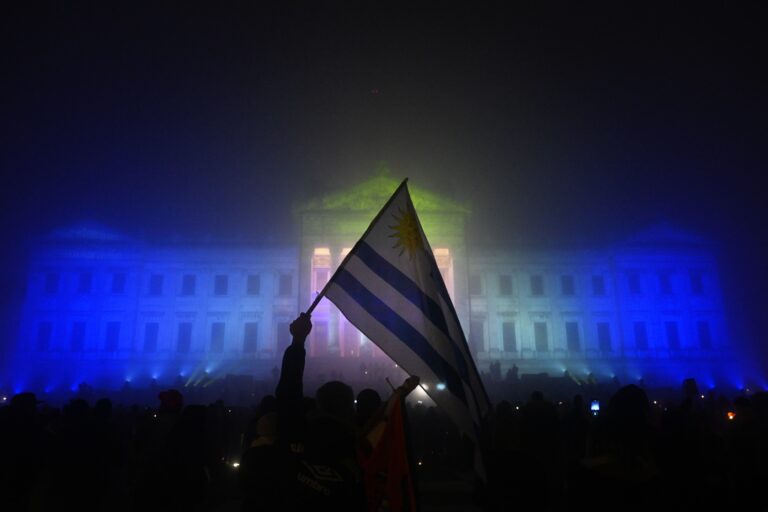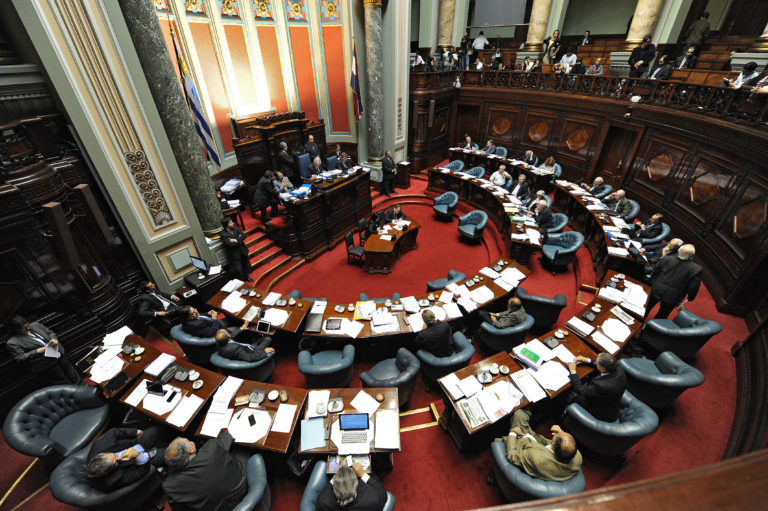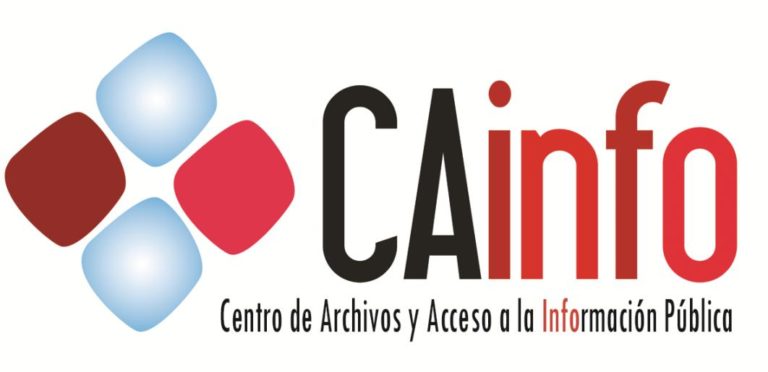(IAPA/IFEX) – The following is an IAPA press release: IAPA concerned at jailing of newsman in Uruguay MIAMI, Florida (May 23, 2006) – The Inter American Press Association (IAPA) today described as “a serious attack on press freedom” the sentencing of Uruguayan journalist Gustavo Escanlar Patrone to three months in prison on a libel charge. […]
(IAPA/IFEX) – The following is an IAPA press release:
IAPA concerned at jailing of newsman in Uruguay
MIAMI, Florida (May 23, 2006) – The Inter American Press Association (IAPA) today described as “a serious attack on press freedom” the sentencing of Uruguayan journalist Gustavo Escanlar Patrone to three months in prison on a libel charge.
Criminal Court Judge Roberto Timbal handed down the sentence on May 18 after Public Prosecutor Enrique Möller called for the prison term. The sentence was suspended pending an appeal by Escanlar’s defense attorney. The ruling was based on current Uruguayan laws which stipulate prison sentences for the offences of “defamation:, “libel”, “insult” or “dishonouring a foreign head-of-state”.
The court ruling, which was protested by the local journalists’ union, (Asociación de la Prensa Uruguaya, APU), came just two weeks after the Uruguayan President’s Office expressed willingness to consider decriminalizing “communication offenses” and thus bring Uruguayan legislation into line with the doctrine on the issue prevailing in the Americas.
Escanlar was interviewed on January 18 2006 on the television program “La culpa es nuestra” (“It’s Our Fault”) broadcast by the Montevideo TV station Canal 10. When one of the program hosts mentioned to him the name of Federico Fasano, an Argentine news media executive with whom he had been arguing publicly over the last two years, he declared, “a son-of-a-bitch.”
Fasano sued Escanlar in criminal court and called for him to receive the maximum sentence for slander or libel, 18 months’ imprisonment.
Judge Timbal ruled that the offense was “aggravated” under terms of the existing “press law,” according to which the courts must mete out stiffer penalties when views that they find to be libelous or slanderous are expressed through the news media.
Gonzalo Marroquín, chairman of the IAPA’s Committee on Freedom of the Press and Information, called the sentence “a serious attack on press freedom that opens the door to self-censorship being practiced in Uruguay out of the fear that this kind of action arouses in the press.”
Marroquín, editor of the Guatemala City, Guatemala, newspaper Prensa Libre, reiterated the IAPA’s call, made frequently in recent years, for the Uruguayan authorities to amend current legislation to decriminalize libel and defamation in line with edicts issued by the Inter-American Court of Human Rights.
Article 10 of the Organization of American States’ Inter-American Declaration of Principles on Freedom of Expression states: “Privacy laws should not inhibit or restrict investigation and dissemination of information of public interest. The protection of a person’s reputation should only be guaranteed through civil sanctions in those cases in which the person offended is a public official, a public person or a private person who has voluntarily become involved in matters of public interest. . . .”


